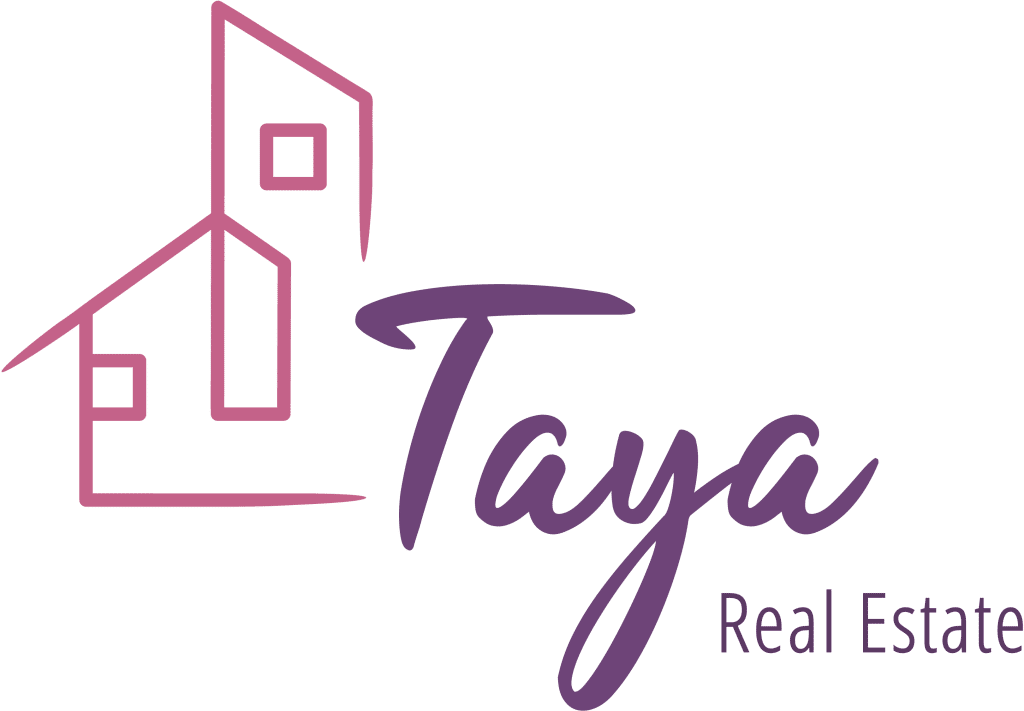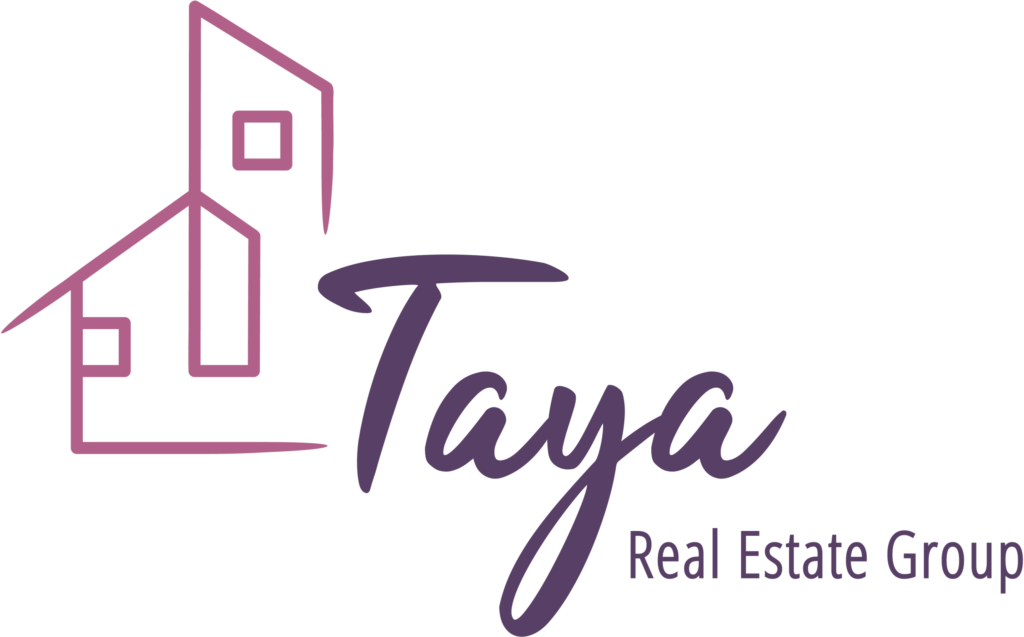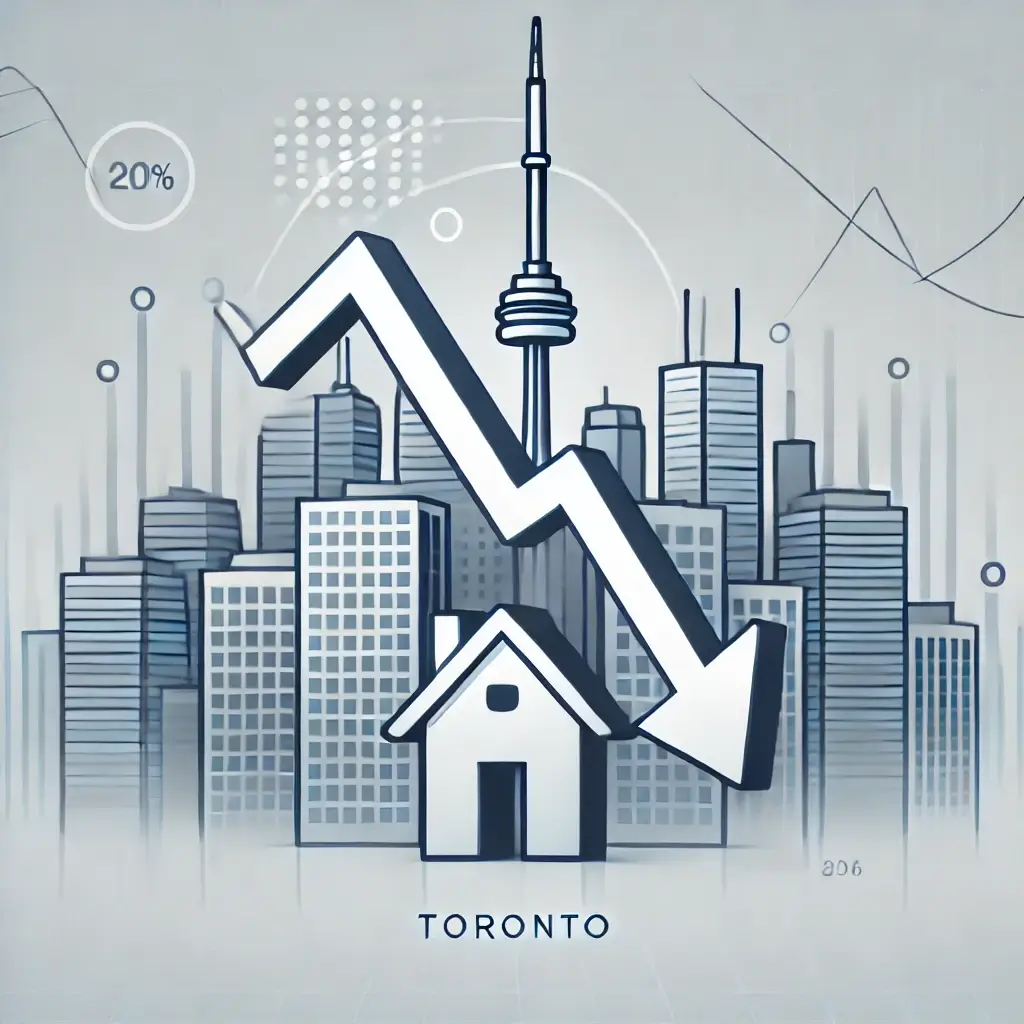Luxury real estate in Canada has experienced a notable resurgence, with high-end properties commanding significant attention in major metropolitan areas like Toronto, Vancouver, and Calgary. This trend reflects broader economic recovery, evolving buyer preferences, and increased global interest in Canadian cities.
In this post, we’ll explore the factors driving the luxury market, examine regional dynamics, and provide insights for buyers, sellers, and investors looking to navigate this exclusive segment.
Defining Luxury Real Estate
Luxury real estate typically refers to properties that stand out in terms of price, location, design, and amenities. These homes often include features such as:
- Prime locations, such as waterfront properties or exclusive neighborhoods.
- High-end finishes and bespoke architecture.
- Amenities like private gyms, pools, and concierge services.
- Smart home technology and eco-friendly features.
In Canada, the luxury market is often associated with properties priced above $3 million, though this threshold varies by city.
Factors Driving the Surge in Luxury Sales
1. Economic Recovery Post-Pandemic
- As the global economy rebounds from the COVID-19 pandemic, wealthy individuals are reinvesting in real estate as a secure asset class.
- In Canada, sectors like technology, finance, and resource extraction have fueled wealth creation, enabling more high-net-worth individuals (HNWIs) to enter the luxury market.
Example:
The tech boom in Toronto has led to increased demand for luxury condos among executives and entrepreneurs seeking properties that reflect their lifestyles.
2. Demand from International Buyers
- Canada’s political stability, high quality of life, and robust economy continue to attract global investors.
- With relaxed travel restrictions, international buyers from countries like China, the U.S., and the Middle East are once again purchasing properties in cities like Vancouver and Toronto.
Case Study:
A luxury waterfront property in Vancouver sold to a foreign investor for $15 million in 2024, marking one of the year’s highest transactions.
3. Lifestyle Shifts
- The pandemic altered how people view their living spaces, with many prioritizing comfort, space, and amenities.
- Buyers are willing to pay a premium for homes that offer privacy, outdoor spaces, and features like home gyms and offices.
Example:
Luxury homes in Calgary featuring expansive yards and state-of-the-art home offices have become increasingly popular among families relocating from other provinces.
4. Limited Supply of High-End Homes
- The scarcity of luxury properties in desirable locations has further driven up prices.
- Developers are focusing on creating unique, high-end projects to meet this demand.
Insight:
In Toronto, new luxury condo developments like One Delisle have seen units sell out within weeks of being listed, highlighting the appetite for upscale living options.
Regional Dynamics: City-by-City Analysis
1. Toronto: A Hub for High-End Living
- Trend: Sales of homes over $4 million increased by 21% year-over-year in 2024.
- Hotspots: The Bridle Path, Forest Hill, and Yorkville remain sought-after neighborhoods.
- Condos on the Rise: Luxury condos like those in The One are catering to affluent professionals who prioritize location and convenience.
2. Vancouver: Attracting Global Attention
- Trend: Vancouver’s luxury market continues to thrive, with waterfront properties and mansions in areas like Shaughnessy and West Vancouver commanding top dollar.
- Insight: Vancouver’s global reputation for livability and natural beauty attracts both domestic and international buyers.
3. Calgary: An Emerging Luxury Market
- Trend: Calgary has become a surprising player in the luxury market, with properties priced above $3 million seeing unprecedented demand.
- Why?: Lower costs compared to Toronto and Vancouver, combined with high-end features and proximity to natural attractions, appeal to affluent buyers.
Who is Buying Luxury Real Estate?
1. High-Net-Worth Individuals
- HNWIs, including business leaders, celebrities, and entrepreneurs, dominate the luxury real estate market.
- Many view luxury properties as both a lifestyle choice and a safe investment.
2. International Buyers
- Foreign investors are drawn to Canada’s stable economy and desirable locations.
- Recent easing of international travel restrictions has reignited interest from overseas buyers.
3. Tech Entrepreneurs
- The booming tech sectors in cities like Toronto and Vancouver have created a new class of wealthy professionals entering the luxury market.
Case Study:
A Toronto-based tech CEO recently purchased a $10 million penthouse in Yorkville, citing its proximity to both work and upscale amenities.
Opportunities for Buyers and Sellers
For Buyers
- Focus on Long-Term Value: Luxury properties in prime locations tend to appreciate more reliably over time.
- Engage Specialists: Working with agents experienced in the luxury market can provide access to off-market listings and valuable insights.
For Sellers
- Highlight Unique Features: High-end buyers are willing to pay for bespoke elements like custom interiors and smart home systems.
- Invest in Staging: Professional staging can showcase a property’s full potential, particularly in the competitive luxury segment.
Example:
A Vancouver seller invested $50,000 in staging and renovations, leading to a sale price $500,000 above the asking price.
Challenges in the Luxury Market
1. Economic Uncertainty
- While demand is strong, luxury buyers remain sensitive to economic shifts and interest rate changes.
2. Regulatory Changes
- Policies like foreign buyer taxes in British Columbia and Ontario can impact demand from international investors.
3. Environmental Concerns
- Buyers are increasingly prioritizing eco-friendly homes, requiring sellers and developers to adapt.
Future Outlook for Canada’s Luxury Real Estate
1. Continued Growth
- As wealth creation accelerates and international interest remains high, the luxury market is expected to grow further in 2025.
2. Greater Focus on Sustainability
- Developers are incorporating green building practices to appeal to environmentally conscious buyers.
3. Expansion Beyond Traditional Markets
- Cities like Halifax, Edmonton, and Victoria are emerging as new hotspots for luxury living.
Final Thoughts
The resurgence of luxury real estate in Canada reflects shifting buyer priorities, economic recovery, and global interest in the country’s premium properties. For buyers, sellers, and investors, understanding these trends is key to navigating this exclusive market segment.
To explore high-end properties or learn more about opportunities in Canada’s luxury market, visit Taya Real Estate. With expert guidance, you can make informed decisions and seize opportunities in this dynamic market.








